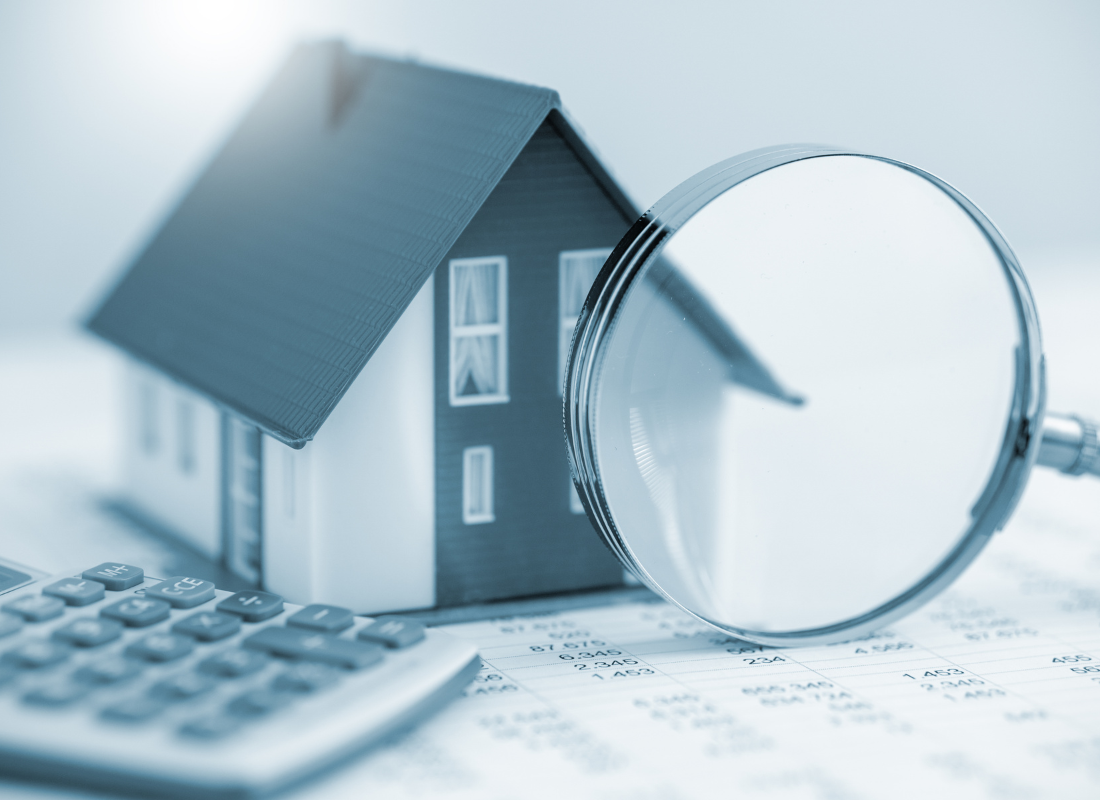How Blockchain Technology Can Simplify Commercial Real Estate
Originally published on November 9, 2022
Updated on November 14th, 2024
These days, companies that don’t adapt their business model to technology tend to… well, perish. This is part of why more industries are embracing blockchain—a technology that has continued to capture headlines. In commercial real estate, it can bring greater efficiency to commercial real estate transactions and financial dealings.
What is blockchain, and why should I pay attention to it?
Remember Blockbuster Video? In the late 1980s and 1990s it was a multi-billion-dollar powerhouse in the home video market. But as internet-based business models grew in popularity, company leaders waited far too long to leverage home delivery and streaming to its advantage. That’s a big reason why it was ultimately left in the dust.
Blockbuster serves as an important reminder of why it’s important to follow emerging technologies. Businesses must regularly ask, “How can this technology solve problems my business faces?” Companies that don’t embrace blockchain (and other cryptocurrency-related technology) could face a similar fate.
Blockchain is a digitized, distributed ledger that immutably records and shares information to its network. Blockchain also creates an environment for strangers to transact with each other without establishing trust in one another first.
Until recently, blockchain was known as the technology powering bitcoin. However, numerous industries have begun exploring blockchain-based applications for their business. These applications include smart contracts, property rights, medical records, supply chain management and many others. Blockchain is positioned to change the way we do business in the commercial real estate sector.
How can blockchain serve the commercial real estate industry?
Several areas of commercial real estate can be made more efficient through blockchain technology. Consider some existing industry challenges:
- Inefficient property search processes due to fragmented data
- Time-consuming due diligence processes thanks to paper-driven and predominantly offline record keeping
- Record-keeping issues over titles that result in high costs related to title insurance, fraud risks and required diligence in the clearing process
- Inefficient, expensive and limiting financing mechanisms
- The need for a large amount of capital to transact in the industry
Digitizing Data and Titles
Every real estate transaction goes through the multiple listing service (MLS), which provides information including, location, property features, rental rates, appraisals and more. The data here is fragmented, often outdated and can be difficult for non-real estate professionals to access and interpret. These services also often require a subscription, adding to the many costs associated with real estate deals. A blockchain-based MLS would result in accurate, secure data that is quickly accessible to anyone at a lower cost.
According to the American Land Title Association, in nearly all real estate transactions there is at least one title defect that must be corrected before transferring the title. And in 25% of transactions, title professionals need to take extraordinary action to fix title defects that could impact the buyer’s ownership.
Using a blockchain, however, a digital title could be created and include the property’s history, location and title details. This would save money on both the buyer’s and seller’s ends. It would also save banks money and time because they typically duplicate title due diligence efforts in the case of mortgage financing.
Smart Contracts
Smart contracts have been on the minds of computer scientists and cryptographers since Nick Szabo introduced the idea in 1994. With the emergence of blockchain, smart contracts are becoming a reality. A smart contract is essentially a contract that is converted to computer code, stored and supervised onto a blockchain. The idea is to have the terms of a contract coded into the software; once the terms are met, the contract will execute itself, transferring the assets in the detail to the correct parties.
One possibility in the commercial real estate sector is to have a smart contract implemented in lease agreements. The key terms of the agreement are converted to code and recorded on the blockchain via a smart contract. The smart contract will initiate payment of rent through a bitcoin wallet or bank account at a specified time each month (or however frequent the terms dictate).
Fractional Sales
The advent of blockchain also creates commercial real estate investment opportunities for smaller budgets. This is being done via online sales of fractional shares of residential or commercial real estate properties.
Let’s say Bill has $10,000 that he’d like to invest. It’s a good-sized sum for one person, but in the real estate industry it won’t buy anything significant. But Jane owns an apartment complex and is offering tokens (representing shares of ownership in the building) via blockchain. Bill can use his $10,000 for the purchase; as the value of the complex increases, so does his investment. Meanwhile, Jane has a new source of funding for upgrades, maintenance or whatever else she’d like to do.
Fractional sales on blockchain open the door to investors of all income ranges, giving them a chance to own fractions of property they normally wouldn’t be able to purchase outright. It could also save the costs of the traditional route of opening up and crowdfunding limited liability companies. If the property was rented out, a smart contract could be written to distribute income to all owners of the property.
Looking Ahead
In its recent report, “Building Block(chain)s for a Better Planet,” The World Economic Forum estimated that at least 10% of the global GDP information will be stored on a blockchain in 10 years. Property is one of the largest asset classes in the world at approximately $190 trillion in residential and commercial real estate.
Obviously, much work needs to be done to see the above points become reality. That said, localities in New York, Illinois and Vermont have begun experimenting with placing titles on a blockchain.
If you don’t want your company’s fate to mirror that of Blockbuster Video, keep these action items in mind:
- Do your research. Blockchain is complex and still in relative infancy as a technology.
- Educate yourself on the topic, and keep track of its application as it is used more frequently.
- Identify areas in which blockchain can solve problems for your real estate business.
- Look for opportunities to experiment with blockchain and smart contracts, and identify where it can create the most value.
You should also work with a real estate CPA when considering or implementing a strategy with blockchain. Their knowledge of industry accounting needs and best practices will play a key role in the process.
All content provided in this article is for informational purposes only. Matters discussed in this article are subject to change. For up-to-date information on this subject please contact a James Moore professional. James Moore will not be held responsible for any claim, loss, damage or inconvenience caused as a result of any information within these pages or any information accessed through this site.
Other Posts You Might Like

